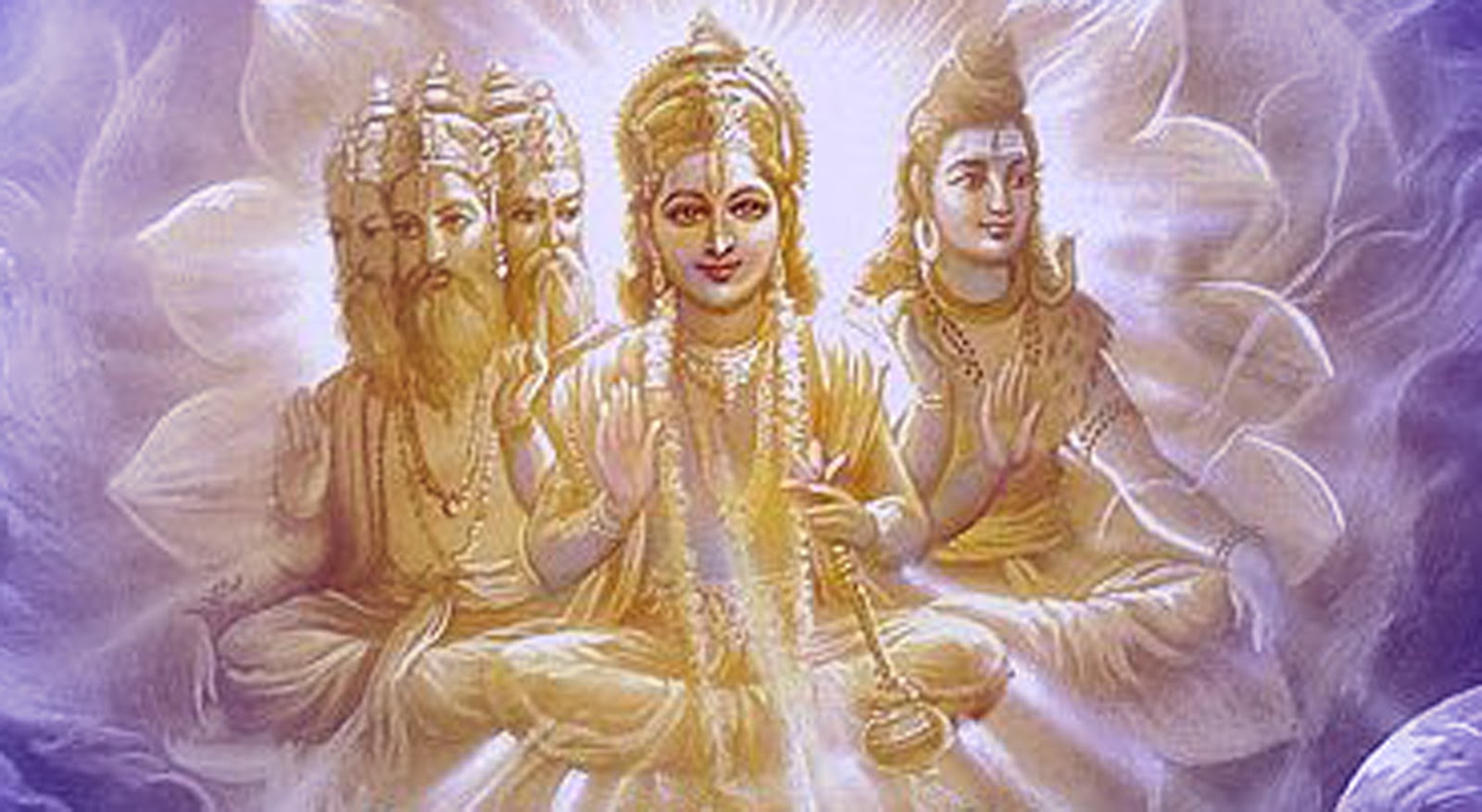Category: Meditation Matters
-

Spirituality and You
Spirituality has different perspectives. It calls for searching meaning in one’s life. Spirituality is a universal experience that affects everybody. Some people prefer to call it religious or sacred. Others refer to the terminology as uplifting or profound sense of consciousness. Spiritual life is associated with religion, church, or prayer. It could be relationship with…
-

Significance of Brahma, Vishnu and Shiva in Hinduism
Deities of the Hindu faith represent various expressions of Brahman. Brahma created the universe. Vishnu safeguards the universe. Shiva destroys the universe. Hindu communities possess different gods whom they worship and approach the Ultimate. BRAHMA In Hinduism, Brahma (Father of All) means three things. He is the seed, source, and creator of all living beings…
-

Top 5 Goddesses Chants
Ya Kundedu Ya Kundendu Tusharahara Dhavala Ya Shubhra Vastravrita Ya Veena Varadanda Manditakara Ya Shveta Padmasana Ya Brahmachyuta Shankara Prabhritibihi Devaih Sada Pujita Sa Mam Pattu Saravatee Bhagavatee Nihshesha Jadyapaha Salutations to Devi Saraswati who is very patient “May Goddess Saraswati, who is fair like the jasmine-colored moon, and whose pure white garland is like…
-

How to Accept Imperfections?
In this world, nobody is perfect! We must learn how to accept our shortcomings as well as understand the flaws of people around us. Understanding the different standpoints of our weaknesses can help us moderate our own expectations, and accept any form of ineptitude. It is a way of creating satisfaction and beauty. Imperfection can…
-

Life of Buddha: Lessons we can learn
We can learn numerous life-inspiring lessons from the life of Siddhartha Gautama, the eminent spiritual guru and founder of Buddhism. He is known as Supreme Buddha which means the “awakened or enlightened one.” Siddhartha is the primary figure in Buddhism. Buddha’s life, principles, and teachings were immortalized by his disciples after he died. Life’s lessons…
-

Deep Breathing for Calming Anger
Anger is the offshoot of an emotion that can ruin your day. When you get angry, the next best thing to do is to calm down and focus anew so the resentment dies down. Try to control your fury. Take profound and cleansing breaths so you can deal with the flare-up. The truth is breathing…
-

What is Pranamaya?
In Yoga, Pranayama refers to the practice of controlling the Yogi’s breath where the Prana or essential life force emanates. You become aware of breathing by using your breath to calm the dynamic thinking mind or Chitta. Both neophytes and seasoned practitioners can benefit from integrating Pranayama techniques for beginners not only in the Yoga…
-

How to handle school stress with meditation?
Many parents keep on searching for ways to help their kids cope with school stress. One practical and effective way is through meditation. According to the Greater Good Magazine, teaching schoolchildren practices in mindfulness contribute to reducing or eliminating anxiety among youngsters. Meditation also guide them in building concentration, respecting their peers, achieving self-control, improving…
-

Top 4 Chants for World Peace
Chant means a sacred word or sound in Sanskrit. Practitioners believe mantra chanting produce spiritual and psychological powers. The earliest chants believed to be 3,000 years old were composed by Hindus in Vedic Sanskrit. There are English translations for non-Hindu Yoga practitioners. Mantras exist in different schools of Hinduism, Buddhism, Sikhism, and Jainism. Even Christians…
-

Mantras for Happiness
The mantra can either be a phrase or single word. It is recited and repeated during meditation or prayers. In Sanskrit liturgical language, mantra is divided into “Man” and “Tra” meaning “to think” and “tool” respectively. Literally, it is translated as “instrument of thought.” By repeating mantras, we affirm their meaning to our persona and…
